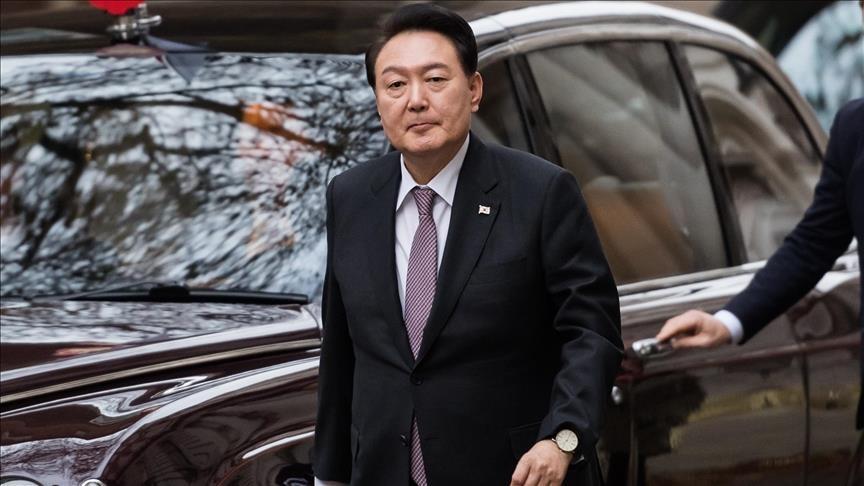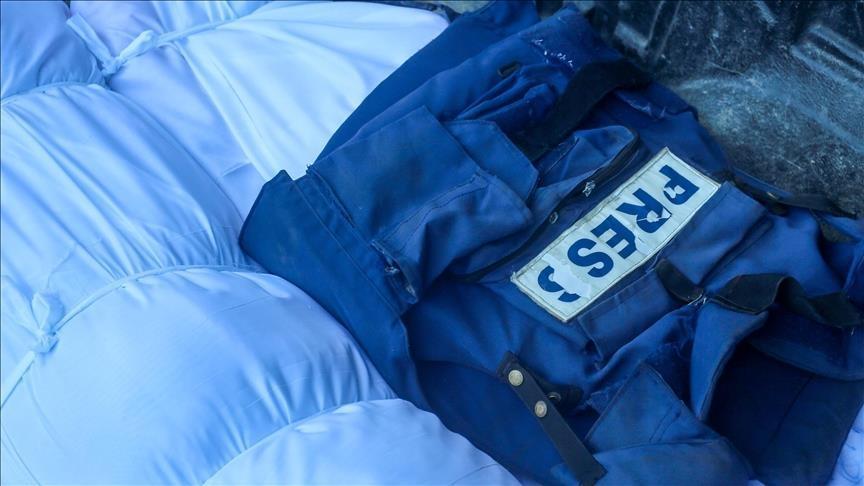Gas supplies stable after Russian transit ends: EU
BRUSSELS

(FILES) This photograph taken on May 21, 2014, shows a view of pipelines at the Bilche-Volytsko-Uherske underground gas storage facility, the largest in Europe, not far from the village of Bilche village, in the Lviv region of western Ukraine.
Gas supplies in Europe were stable with the exception of Moldova, the EU said on Jan. 2, a day after Russian gas transit via Ukraine stopped.
Deliveries of Russian gas to Europe via Ukraine pipelines stopped on Jan. 1, after Kiev refused to renew a decades-long arrangement that earned billions of dollars for both countries.
Although Russian gas accounted for less than 10 percent of the European Union's gas imports in 2023, down from more than 40 percent before Moscow sent troops into Ukraine in 2022, some of the bloc's eastern members are still heavily reliant on Russian imports.
"The situation is stable with all member States using a mix of regular winter storage and imports from third countries, which provide stable supplies to their consumers," said Poland, which has just assumed the EU's rotating presidency.
"Significant shifts in import patterns can be observed, but it is clear that there is an abundance of transmission capacities to cover the demand. No significant increase in gas prices was observed," said a spokesman.
The situation was concerning, however in Moldova, an ex-Soviet republic sandwiched between Ukraine and EU member Romania.
Almost all factories in Moldova's breakaway region of Transnistria, under de facto control of pro-Russian forces, were idle after Russia cut off gas over a financial dispute with the pro-Western government in Chisinau.
The Polish presidency "called for strengthened support and coordination with the administration in Chisinau."
"There are no security of supply concerns," said a statement from the EU Commission.
"Gas supplies have been secured via alternative routes [Germany, Italy] and through withdrawals from storage."















